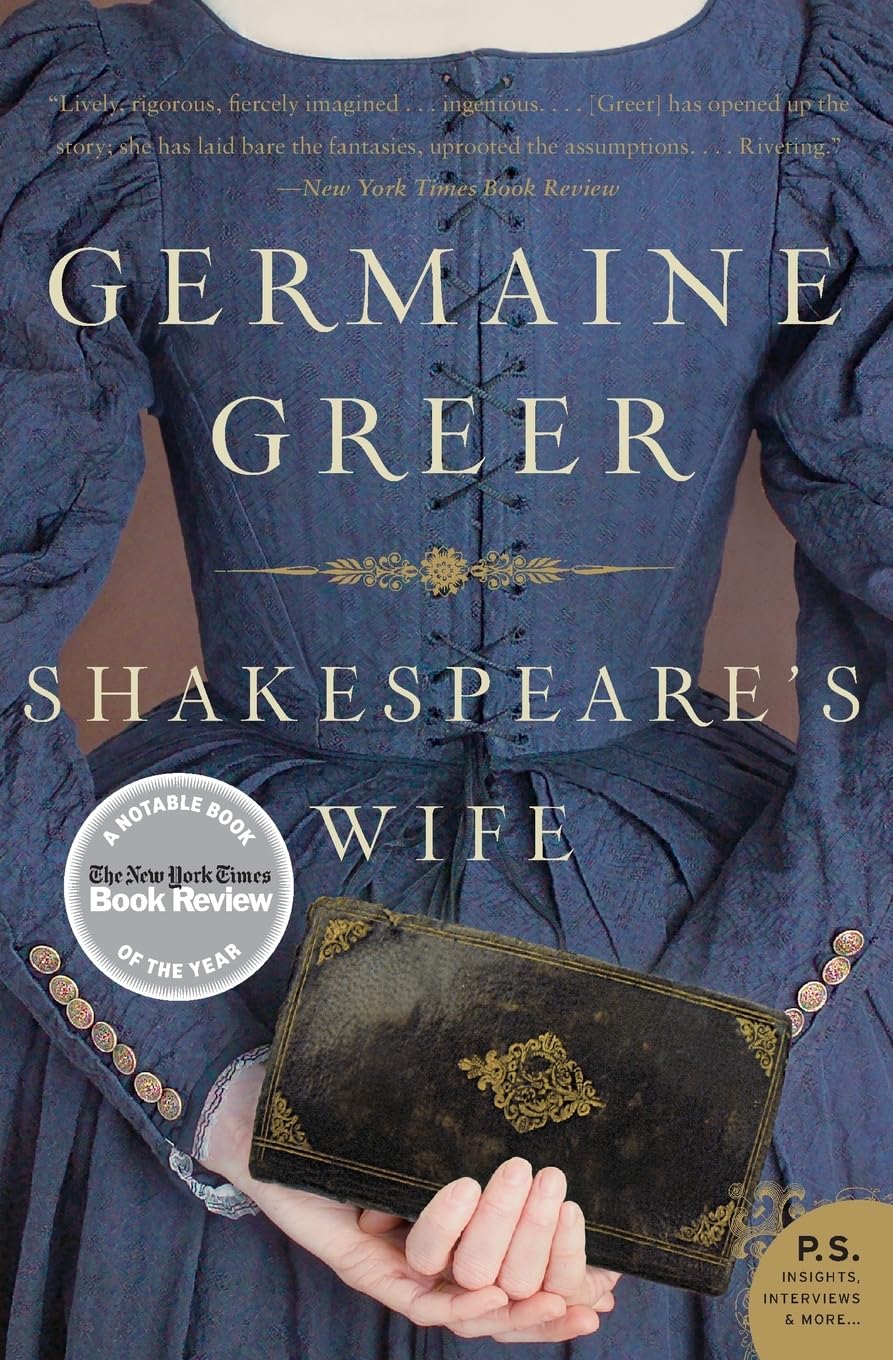 1001 Movies You Must See Before You Die. Ed. Steven Jan Schneider. New York: Barron’s, 2003.
1001 Movies You Must See Before You Die. Ed. Steven Jan Schneider. New York: Barron’s, 2003.
Usually, I feel guilty about watching too many videos—squeezing them in when I should be concentrating on grading papers or writing essays. So I thought I’d check out a book that would make me feel guilty about not watching
enough videos.
The book listed above does so. Looking through its pages, you feel dwarfed by the immensity of what you must accomplish before you die. You think, “I’ve got to get started! I’ve got to drop everything and watch some old Peter Sellers movies!”
Of course, given my own interests, I looked for the “Shakespearean” slot in the genre index.
There wasn’t one.
So I started seeing what
Hamlets they think we must see before we die.
There wasn’t one.
I wonder what percentage of the movies you must see before you die you would estimate to be Shakespeare films. Two percent? Two percent of one thousand is twenty films. That seems reasonable. One percent? That would be ten movies. One-half percent (or five films)?
The answer? One tenth of one percent—0.1%—that’s all.
One film.
Actually, if you count adaptations, the percentage rises to 0.3%—which is still repulsively low in my estimation.
So, of all the wonderful and marvelous films I mention on this blog, require my classes to view, and watch myself, only three are pre-mortum must-see films: one by Olivier and two by Kurosawa:
Henry V. Dir. Laurence Olivier. Perf. Laurence Olivier. Two Cities, Britain, 1948. Videocassette. Films for the Humanities, 1987.
Throne of Blood [Kumonosu jô (The Castle of the Spider’s Web)]. Dir. Akira Kurosawa. Perf. Isuzu Yamada. 1957. DVD. Criterion, 2003.
Ran. Dir. Akira Kurosawa. Perf. Tatsuya Nakadai and Akira Terao. 1985. DVD. Criterion, 1985.
Now, does that seem right to you?
Click below to purchase the book from amazon.com
(and to support Bardfilm as you do so).
 “Melancholy Brain.” By Gordon Bressack and Patrick M. Verrone. Perf. Maurice LaMarche and Rob Paulse. Dir. Charles Visser. Pinky and the Brain. Vol. 3, disc 2. The WB Television Network. 7 February 1998. DVD. Warner Home Video, 2007.
“Melancholy Brain.” By Gordon Bressack and Patrick M. Verrone. Perf. Maurice LaMarche and Rob Paulse. Dir. Charles Visser. Pinky and the Brain. Vol. 3, disc 2. The WB Television Network. 7 February 1998. DVD. Warner Home Video, 2007.







 Patrick Stewart as Claudius.
Patrick Stewart as Claudius.













